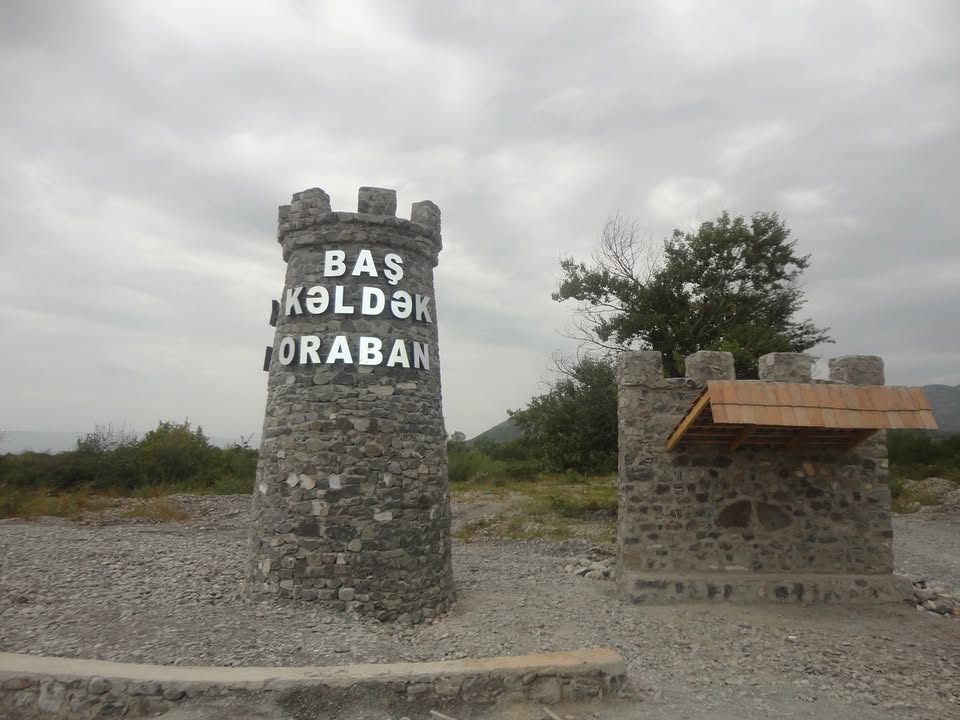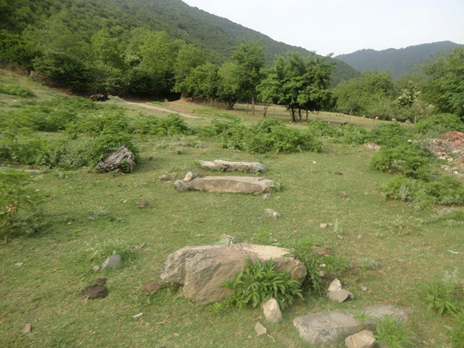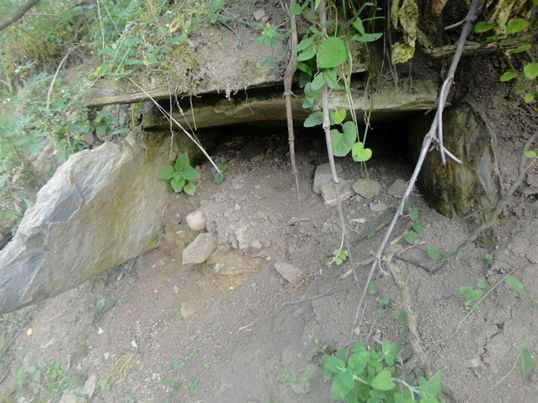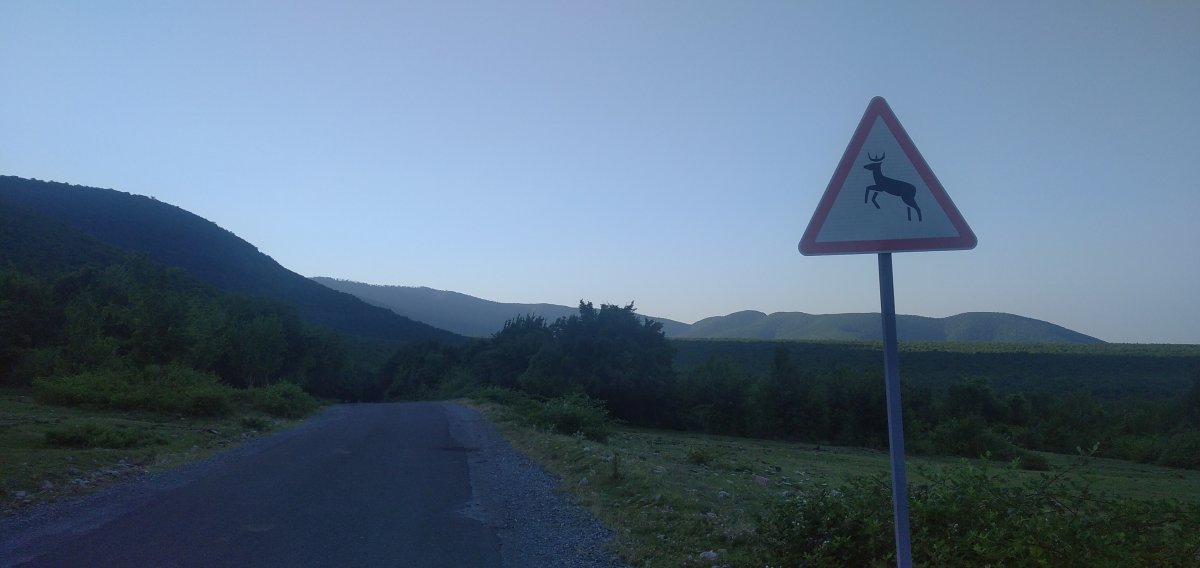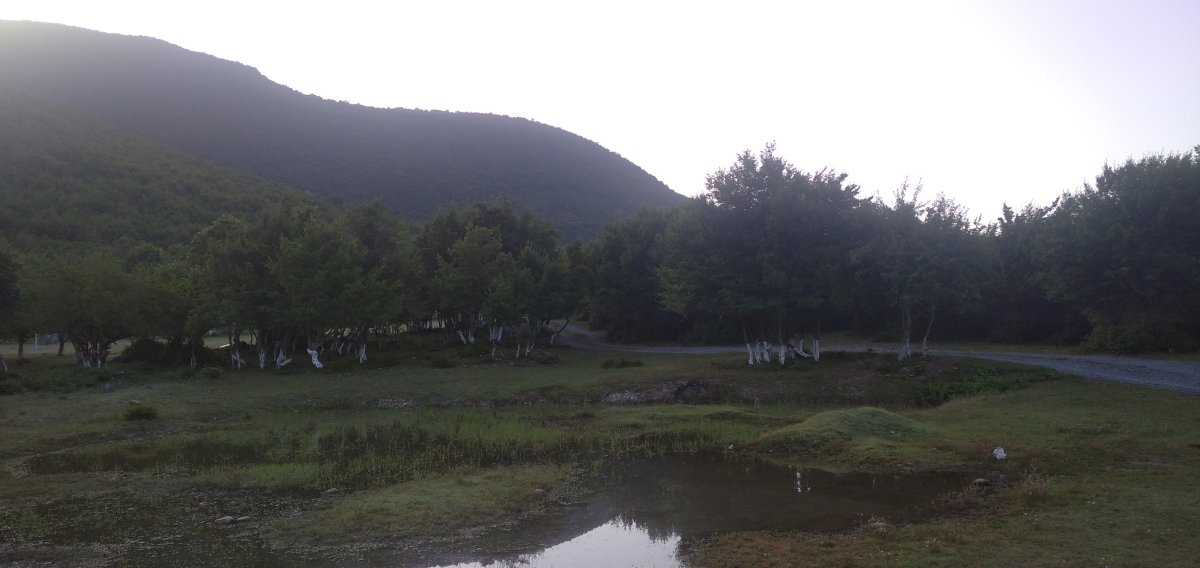Oraban village
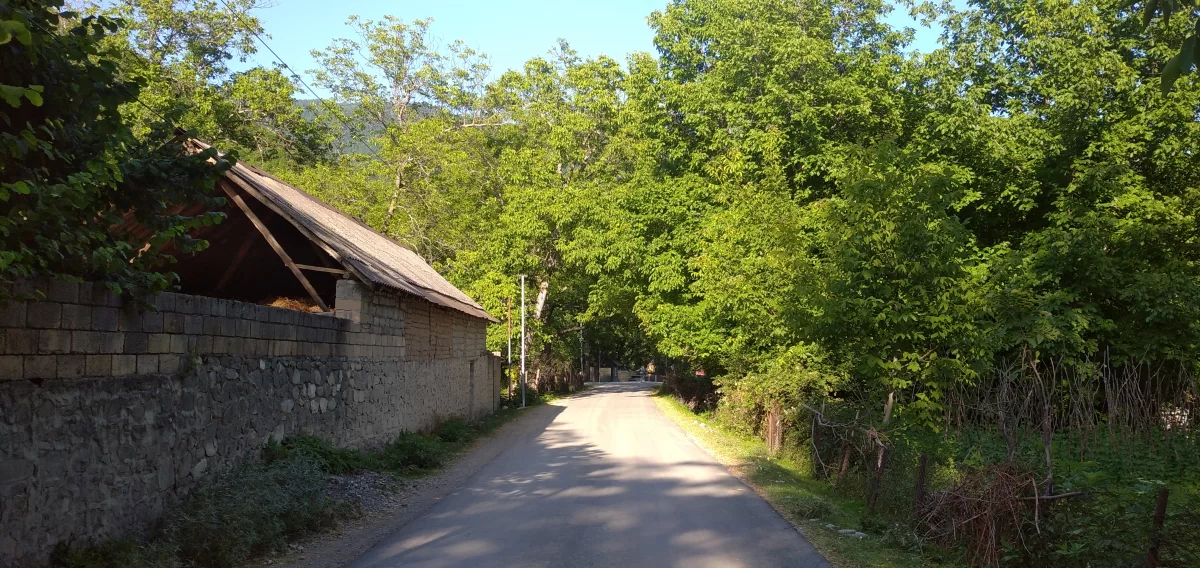
- 28-12-2024, 22:34
- Villages
- Elnur Nəciyev
Oraban is a village located within the Bash Kaldak village administrative-territorial district of the Shaki District of the Republic of Azerbaijan. The village is situated at an altitude of 800–900 meters above sea level, approximately 30 kilometers from the district center. Oraban is bordered to the east by Mukhas village of Oghuz District, to the north by Bash Kaldak village, to the northwest by Bash Kyungyut village, and to the south by a forest massif. According to Decision No. 708-IQ of the National Assembly of the Republic of Azerbaijan dated October 5, 1999, the village of Oravan, previously part of the Bash Kyungyut administrative-territorial unit of Shaki District, was officially renamed Oraban. In the 1824 cameral description, the village name appears as Araban, while in the 1888 Statistical Compendium of the Yelizavetpol Governorate, it is recorded as Oraban.
Compared to other villages in Shaki, Oraban preserved more of its Azerbaijan Albanian heritage up until the First Karabakh War. However, misguided narratives among the local population led to the complete destruction of the village’s Christian monuments. Today, there are no surviving Christian monuments in the village. From the late 19th century onward, the population gradually converted to Islam, and today the village is entirely Muslim.
The ancient Albanian temple in Oraban has now become a part of history, and the Albanian cemetery in the area is currently in neglected condition. Located on a slope in the village, the gravestones resemble those found in Jalut, Middle Zayzid (Orta Zayzid), and Bash Kyungyut, and they may potentially date to the same historical period.
The toponym "Oraban" is derived from the Persian root “oura” (fortress) and the suffix “-van”, which denotes a place — meaning “place with a fortress wall” or “fortified site.” Notably, the “-van” suffix also appears in other regional place names such as Nakhchivan, İrevan, and Ijevan. The only change in the name Oraban appears to be the substitution of “v” with “b”, and in certain historical periods, the village was known as Oravan. The meaning of the Persian word oura as “fortress” or “fortress wall” is also confirmed in the Dehkhoda Persian Dictionary. There were once two Albanian churches in Oraban, but both were destroyed over time. Today, various family nicknames and surnames are in use among the residents of Oraban, including: “Jygutlar, Mollalars, Ballilars, Damanlars, Bahbahs, Delleks, Donbels, Jynqydymars, Süt Ahmad, Dervish's Jabbar, Jygut Mahammad, Dom-dom Isa, Dud Jalil, Kirash Dadash, Balavan Safar, Fyndyg Suleyman, Lavarak Nowruz, Murud Mahammad, Khan Asli, Shadda Shovkat, Katana Shovkat, Bagh Abbas.” Almost no detailed historical records exist about the village. However, future archaeological surveys may shed light on the ancient history of Oraban through the discovery of material cultural remains.
